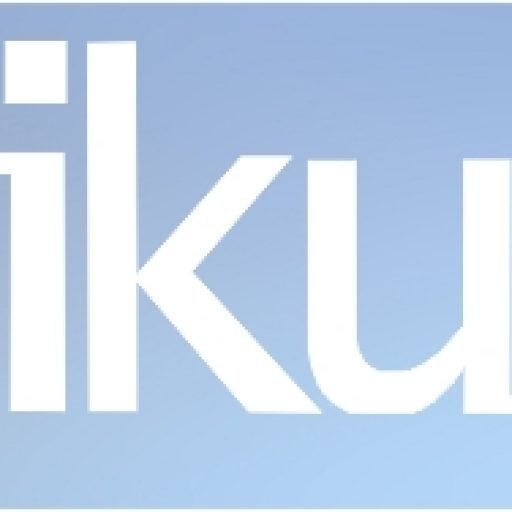 Biyobenzer alanındaki son gelişmeler. (İng)
Biyobenzer alanındaki son gelişmeler. (İng)
FirstWord Lists: The biosimilars pipeline by drug class
(Ref: FirstWord Lists)
September 18th, 2012
This year has witnessed a number of key developments in the biosimilars space, including the approval of Celltrion’s Remicade biosimilar – Remsima – in South Korea, the regulatory submission of this product to the European Medicines Agency (with potential approval in 2013), ongoing evolution of the US biosimilars pathway and further deal-making by would-be biosimilar developers.
For some time momentum in the biosimilars space has been moving towards the development of antibody products, which offer the potential of greater commercial return for developers. The expected approval of Remsima in Europe – and its subsequent level of uptake – will be keenly observed.
A new report by FirstWord (Charting the Biosimilar and Biobetter Development Pipeline) seeks to provide an overview and analysis of the rapidly evolving biosimilars and bio-betters landscape, and the list below is a snap-shot of what classes of products are currently being developed.
Development disclosure remains a problem when assessing the biosimilars landscape (an issue that FirstWord is hoping to explore in a forthcoming article), but nevertheless, the findings are striking – an overwhelming migration of R&D focus towards the monoclonal antibody (mAb) space.
Kate Keeping – associate director of BioTrends’ Biosimilars Advisory Service – told FirstWord earlier this year that “we expect there to be a relatively slow uptake of these complex biologics, especially the first ones to reach the market as physicians become more comfortable with using them.”
However, while there may be some discretion among healthcare professionals, there is likely to be less opposition from payers, particularly given the increasingly cost-conscious outlook across European healthcare systems within the current financial climate.
Keeping suggests that driven by the desire of payers to reduce costs, the availability of biosimilar antibodies will steadily drive considerable expansion of the broader biosimilar market. “Payers are more interested in using a biosimilar anti-TNF, for example, than using a biosimilar insulin,” she told FirstWord, adding “they are emerging as a priority for reducing their expenditure.”
Europe may be the most cost-conscious region when it comes to pharmaceutical spending, but biosimilars also offer a viable route for the US healthcare sector to save some costs, says Bloomberg healthcare analyst Andrew Berens.
Speaking to FirstWord last week, Berens said “biosimilars will play an important role given that the government and payers currently have no way to curtail the pricing of certain drugs in the US.” Furthermore, says Berens “biosimilar antibodies will begin to launch in the US market as there is a swell in the number of patients within the insurance system. In addition, the direction of R&D at Big Pharma companies is frequently towards new products that are likely to be more expensive rather than cheaper alternatives.”
“So there will be a huge shift in the branded drug market and you will see price come increasingly towards the forefront. Something has to happen,” adds Berens. Biosimilar developers would appear well placed to exploit this potential.
For further analysis of the biosimilars market see:
ViewPoints: World’s first biosimilar monoclonal antibody product approved.
ViewPoints: Amgen shows first hand in biosimilars market – key observations.
ViewPoints: Supreme Court decision retains US hope for biosimilar players.
Spotlight On: The diminishing value of biosimilar investment.
ViewPoints: EULAR presentation should provide launch pad for first biosimilar MAb approval.
